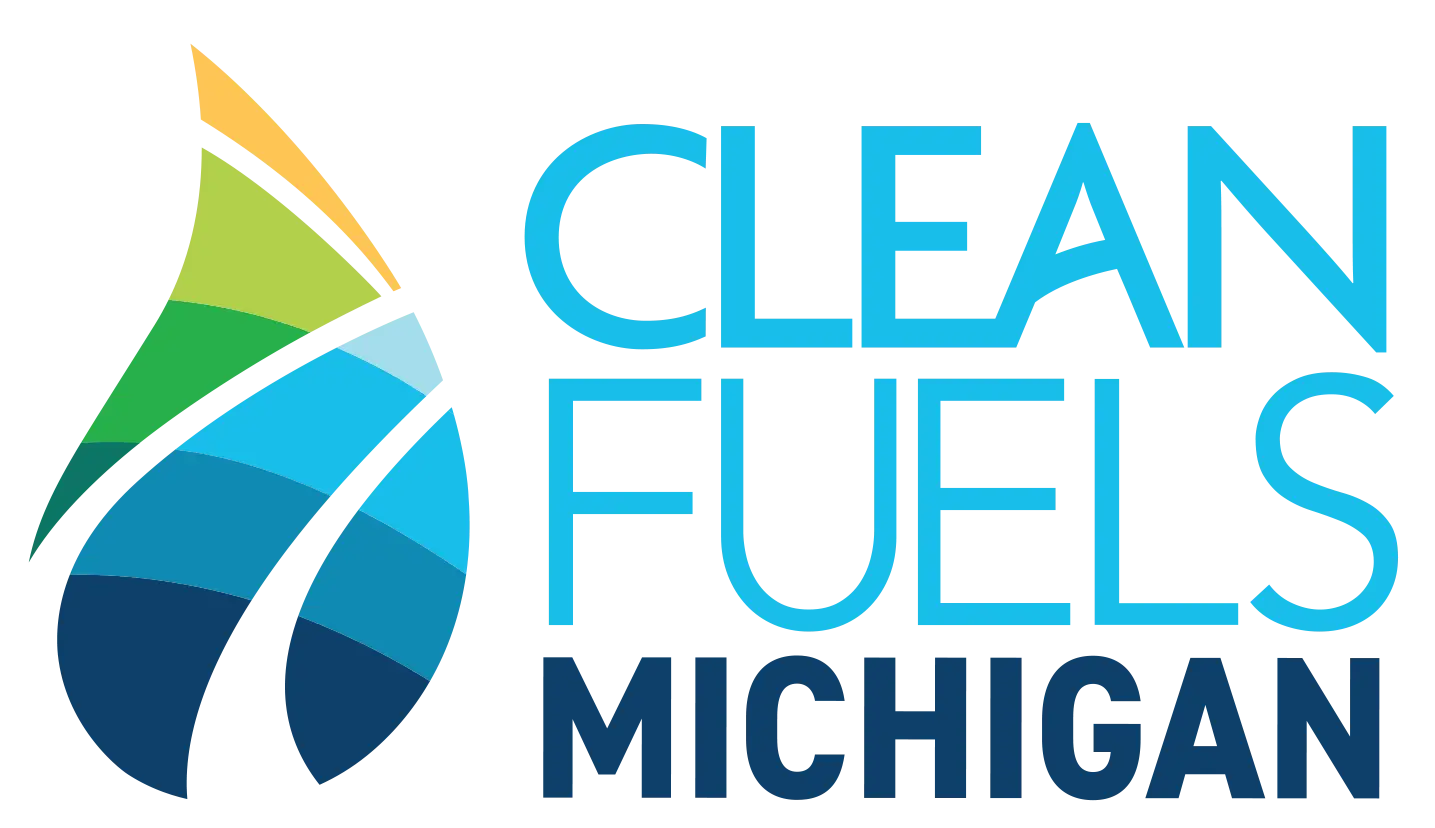Michigan’s approach to clean mobility recognizes that there is no one-size-fits-all solution. The transportation sector is complex, with varying needs across different modes of travel. This is why the state’s strategy includes a range of technologies and fuels, each suited to specific applications. As the Michigan legislature returns for the end of this legislative session this fall, several bills that have already been introduced and are awaiting votes present significant opportunities for advancing the state’s clean mobility goals. These pieces of legislation, if passed, would drive the adoption of cleaner technologies and fuels, further positioning Michigan as a leader in transportation decarbonization.
HB 4491: E-Bike Voucher Program
Among the most straightforward and impactful bills on the table is House Bill 4491, which seeks to establish an E-Bike Voucher Program in Michigan. The program has already received $2.9 million in the FY 2025 budget, contingent on the passage of this bill. This initiative is the easiest win on the table because of the precedent of support set in the appropriations process. The bill offers residents financial incentives to purchase e-bikes, an increasingly popular and sustainable mode of transportation. E-bikes not only reduce reliance on fossil fuels but also promote healthier, more active lifestyles. By making e-bikes more affordable, Michigan can encourage broader adoption, particularly in urban areas where they can serve as an effective mode of transportation.
HB 4847: Biodiesel Production and Sale Tax Incentives
House Bill 4847 represents another key opportunity focused on incentivizing the production and sale of biodiesel in Michigan. The bill proposes tax incentives for producers and sellers of biodiesel blends, with higher tax credits available for cleaner blends. Biodiesel is a renewable, cleaner-burning fuel that can reduce emissions from the transportation sector, especially in heavy-duty applications where electrification may not yet be feasible. By offering financial incentives, HB 4847 could spur increased production and use of biodiesel, supporting both environmental goals and Michigan’s agricultural economy.
SB 447: Sustainable Aviation Fuel Tax Credits
Senate Bill 447 addresses one of the most challenging sectors to decarbonize: aviation. This bill proposes tax incentives for the production and use of Sustainable Aviation Fuel in Michigan. SAF is a renewable alternative to traditional jet fuel that can significantly reduce carbon emissions from air travel. However, its higher production costs have been a barrier to widespread adoption. SB 447 aims to bridge this gap by providing tax credits that are stackable with federal incentives, making SAF more cost-competitive with traditional jet fuel. This strategy has been proven to increase the use of SAF, providing a strategy to decarbonize the aviation sector. Given the importance of the aviation industry to Michigan’s economy, this bill could have far-reaching benefits, not only for the increased use of clean fuels but also for the state’s economic resilience.
A Collective Push Toward Cleaner Transportation Fuels
Collectively, these policies—HB 4491, HB 4847, and SB 447— represent significant progress in diversifying Michigan’s transportation fuels toward cleaner alternatives. Each bill addresses a different aspect of the state’s transportation ecosystem. Together, they demonstrate Michigan’s multi-fuel approach.
The Michigan legislature has a critical opportunity to act on these items and not let them expire in committee or on chamber floors. Passing these bills would send a strong message that Michigan is committed to leading the charge in transportation decarbonization. As the legislative session resumes, Clean Fuels Michigan will continue to push for action on these policies and others, ensuring that these opportunities are not missed and that Michigan remains at the forefront of the transition to clean mobility.

